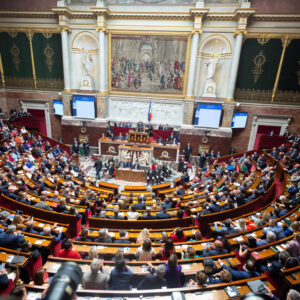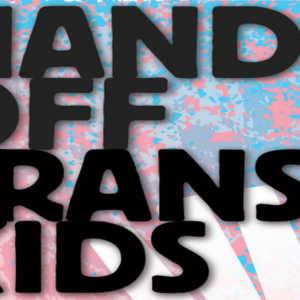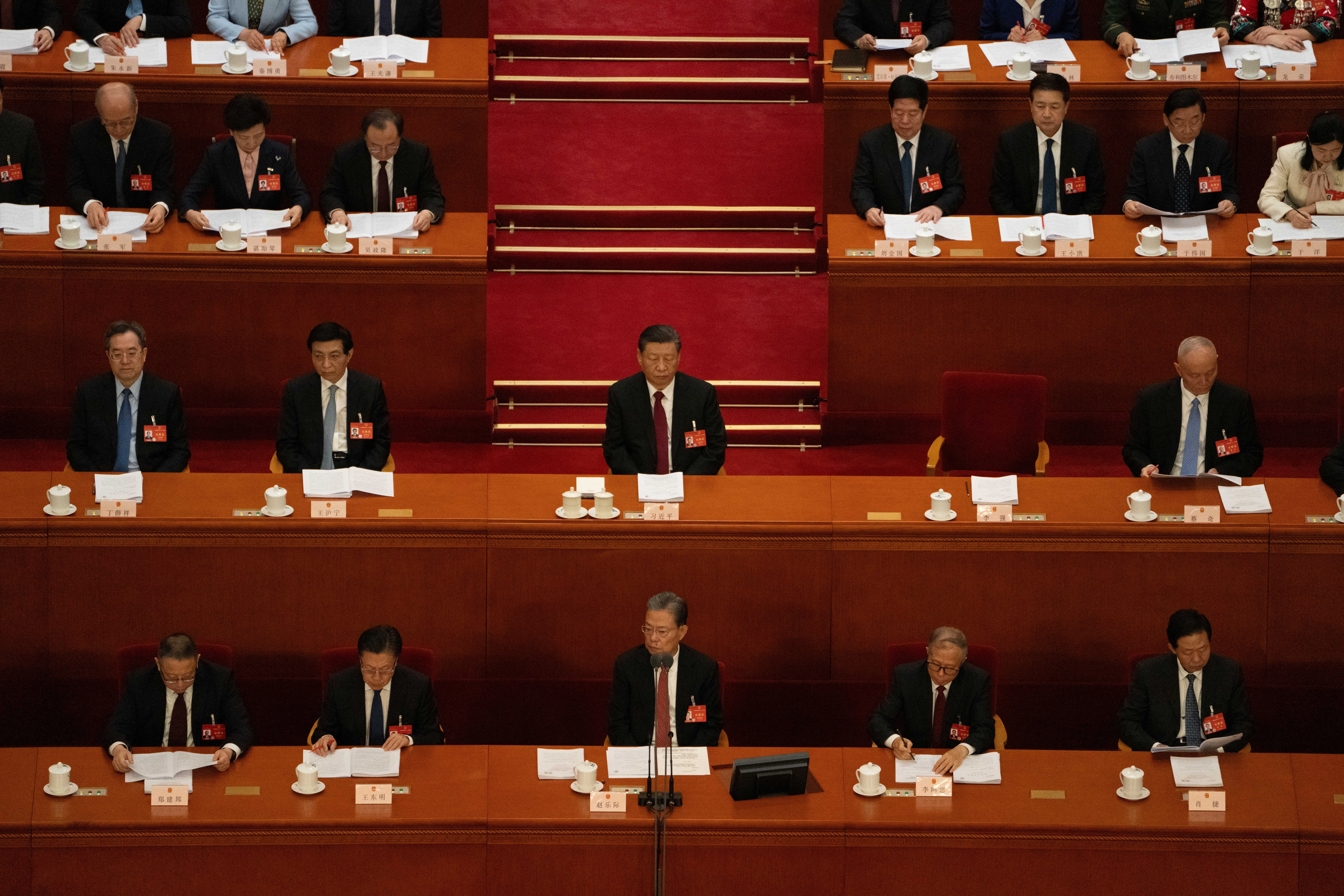Source >> People and Nature
Two trade union leaders from the giant Naftan oil refinery in Belarus were arrested on Friday, human rights organisations said.
Olga Britikova, former head of the independent trade union organisation at the factory, and Aleksandr Kukharenok, a member of the strike committee formed in 2020, were detained by the OMON security police.
Legal cases have been opened against both activists for political offences under the Criminal Code (Article 2.361, making calls for sanctions and other actions that threaten national security).
Initial reports said that Kukharenok’s wife has also been arrested. The pair have young children.
Olga Britikova was “one of the leaders of the protest movement at Naftan after the 2020 elections”, the Zerkalo web site reported. “It was Olga who conveyed the workers’ demands to the authorities and factory management.”
In August 2020, a letter signed by more than 3000 Naftan workers called on Belarusian president Alexander Lukashenka to resign and for new elections.
In December that year, as the protest movement was being repressed by police violence and mass arrests, Britikova was dismissed from Naftan, where she had worked for 16 years.
Between 2020 and 2022 both Britikova and Kukharenok were arrested several times, and penalised with administrative detentions, Zerkalo reported. Britikova spent 75 days in jail in the spring of last year, and another 30 days in the autumn.
Naftan, in Novopolotsk, is one of Belarus’s two large oil refineries, processing Russian oil. It has a workforce of more than 9000 and is owned by the state concern Belneftekhim.
The detention of Britikova and Kukharenok comes on top of a wave of dismissals of workers from Naftan, and Polymir, the nearby chemical works, for political offences. Three were sacked last month, and 16 in May.
Aliakasandr Sakalou, a former Naftan worker and supporter of Rabochy Rukh, a network of workplace activists, told the Nasha Niva site that managers were compiling blacklists of employees who followed the political opposition on social media.
Naftan is “run by KGB agents”, Sakalou said. “The lower management follows orders, and the heads of the enterprise, at least some of them, are not against such measuresL they are even in favour of them.”
It is three years since the anti-government uprising in Belarus – in which trade unions played a prominent part – and a year since the country’s independent trade union organisation, the Belarusian Congress of Democratic Trade Unions, was dissolved by a court order.
But repression against activists continues. Police raid factories and assault suspected oppositionists, as they did at an engineering works in Gomel last month. Arrested workplace militants are sometimes forced to make video confessions that circulated by the security forces: the most recent reported case was of a welder from the Gomselmash factory.
Prosecutors last month brought new charges against Palina Sharenda-Panasiuk, a prominent activist in the Belarusian Trade Union of the Radioelectronic Industry (REP), who has been in jail for two years and was due to be released last week. Her sentence could now be extended.
Journalists are also targeted. Pavel Mazheyka was sentenced to six years in prison last month for “promoting extremist activities”, a verdict condemned by the European Federation of Journalists.
The background to the ongoing repression is Russia’s war in Ukraine, supported albeit erratically by Belarusian dictator Lukashenka, and opposed by large numbers of Belarusians.
□ If you can take action in solidarity with the Belarusian workers’ movement, please contact the Salidarnast association, formed by Belarusian trade union activists living in exile in Germany,
□ Salidarnast supports more than 40 trade unionist political prisoners. They are among several thousand people who have been jailed for participating in the 2020 uprising.
□ Belarus: labour protest as part of political revolt – People & Nature, December 2020

Art (47) Book Review (102) Books (106) Capitalism (64) China (74) Climate Emergency (97) Conservative Government (90) Conservative Party (45) COVID-19 (43) Economics (36) EcoSocialism (48) Elections (75) Europe (44) Fascism (52) Film (47) Film Review (60) France (66) Gaza (52) Imperialism (95) Israel (103) Italy (42) Keir Starmer (49) Labour Party (108) Long Read (38) Marxism (45) Palestine (133) pandemic (78) Protest (137) Russia (322) Solidarity (123) Statement (44) Trade Unionism (132) Ukraine (324) United States of America (120) War (349)
The Anti*Capitalist Resistance Editorial Board may not always agree with all of the content we repost but feel it is important to give left voices a platform and develop a space for comradely debate and disagreement.
Latest Articles
- France after the elections: How should the radical left act?In the wake of the National Assembly’s dissolution and new parliamentary configuration, La France Insoumise (LFI) should adopt a clear stance of radical opposition, emphasizing its commitment to anticapitalist principles and democratic reforms while avoiding any compromise with the existing government unless it secures absolute majority support from the populace, argues Gilbert Achcar.
- Why Socialists Oppose the Two‑Child Welfare CapIn this article, Simon Hannah explores why socialists vehemently oppose the government’s two-child welfare cap, arguing that it stems from austerity measures and reactionary views on the poor.
- Hands off Trans KidsA pamphlet from Anti*Capitalist Resistance.
- Two Child Benefit RevoltDave Kellaway responds to the revolt by Labour MPs and others to the Labour government keeping the Tories’ hated two child benefit cap.
- The beginning of the end of China’s rise?This is the second interview in a two-part series. The first interview (“Opposing US militarisation in the Asia-Pacific should not mean remaining silent on China’s emerging imperialism“) covered the nature of China’s state, its status in the world today, and implications for peace and solidarity activism.






